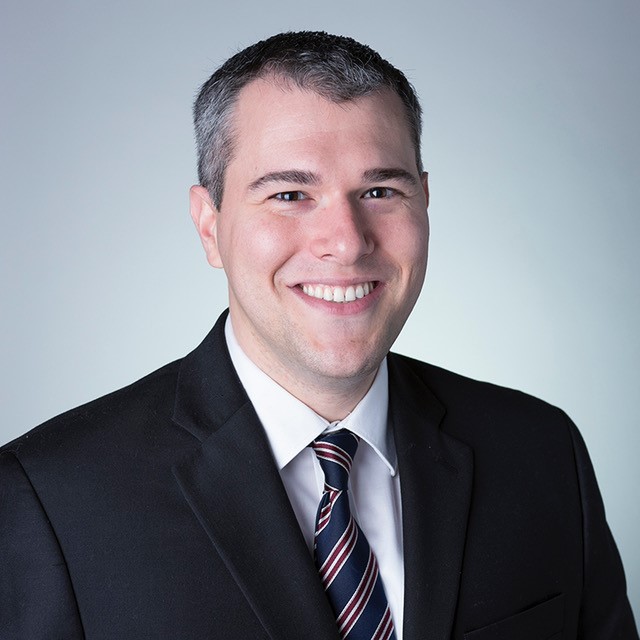Bio
Dr. Adam P. Liff is associate professor of East Asian International Relations at Indiana University’s Hamilton Lugar School of Global and International Studies, where he also serves as founding director of its 21st Century Japan Politics & Society Initiative. His research focuses on international security affairs and the Asia-Pacific—especially Japanese and Chinese security policy; U.S. Asia-Pacific strategy; the U.S.-Japan alliance; and the rise of China. Beyond IU, Dr. Liff is a Non-resident Senior Fellow at the Brookings Institution and Associate-in-Research at Harvard University’s Reischauer Institute of Japanese Studies and Fairbank Center for Chinese Studies. He holds a PhD and MA in Politics from Princeton University, and a BA from Stanford University.

